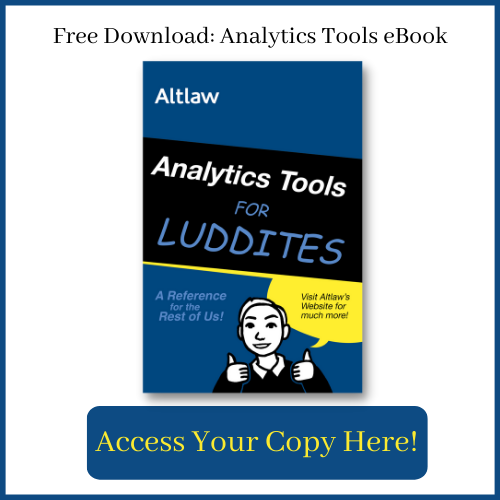Completing your first document review can be a daunting process and is often something you never have to think about until you find yourself in the middle of one. As such, some classic mistakes are regularly made in first-time review cases that make your life a whole lot more difficult than it needs to be. Luckily, this blog is here to help!
1. An Excess of Keywords:
When it comes to filtering our data for relevancy review, the LAST thing we want is to miss out on that case-winning document because we didn't search the right keywords initially. It's the worst-case scenario and making a comprehensive list of likely keywords before filtering your data is a great way to combat this, however, many newbie reviewers take this to the extreme, supplying lists that are hundreds of keywords long!
Huge numbers of keywords not only puts a lot of pressure on your team in terms of running hundreds of searches prior to review, but it also has the side effect of retaining the majority of your data, instead of whittling it down into a streamlined package that holds only the most relevant information.
A key factor in all litigation processes is proportionality. Submitting hundreds of keywords, resulting in many thousands of documents for review is almost certainly going to result in a disproportionate response.
The Fix - Make use of other analytics tools alongside your keyword searching to help reduce the number of keywords being searched for to only the most likely to return relevant material. If you are working with an experienced eDiscovery provider, they will also have recommendations on which of your proposed keywords will be unlikely to yield relevant material or be able to suggest better words to use in their place. Analytics tools such as clustering are an excellent way of streamlining your whole review process - you can read all about the analytics tools available to you in our handy free eBook!
2. Not Producing a Review Protocol:
The review protocol is an essential piece of documentation in any document review project. It outlines what criteria a document needs to meet in order to be relevant, the coding options that will be available, and gives background information about the case that your reviewers can use to make privilege and relevancy decisions. Many first-time review organisers have never had to produce such a document before and are unaware of what is expected of them.
The Fix - In this instance, the fix is rather self-explanatory... Produce a review protocol. I understand this is not as simple as it sounds, so here you will find a detailed blog post all about what to include in your review protocol and the level of information you need to include. I hope it helps!





